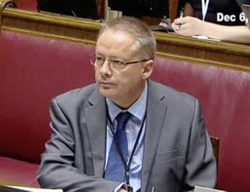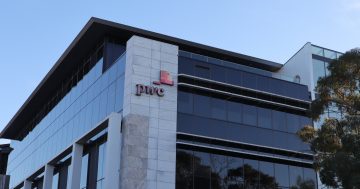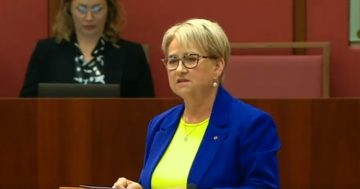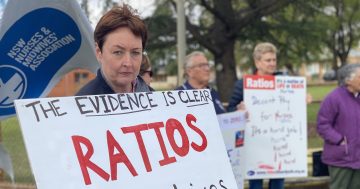 There are more than 4,000 vacancies in the Northern Ireland Public Service, according to statistics released by the Department of Finance.
There are more than 4,000 vacancies in the Northern Ireland Public Service, according to statistics released by the Department of Finance.
While total numbers of Government workers have been increasing since October 2020, rising to 23,534 in July, the headcount remains 1.3 per cent below where it stood five years ago.
By contrast, Scotland’s Public Service is 31.7 per cent bigger than it was in 2016.
Northern Ireland’s bureaucracy shows 4,258 posts listed as vacant across the nine Government Departments at the end of July.
Two months earlier, Minister for Finance, Conor Murphy announced a highly-publicised drive to recruit 500 public staff.
However, between May and July vacancies actually rose by 507.
It is understood a significant number of those additional vacancies were recorded by the Department for the Communities within its Benefits Delivery and Child Maintenance Services Division.
A spokesperson for the Department of Finance said 1,687 applicants were in the final stages of the recruitment process, or had already agreed a start date.
The spokesperson said planning was underway to fill a further 2,571 posts.
Permanent Secretary of the Department for the Economy, Mike Brennan (pictured) has spoken out about the health impact of the high vacancy rates.
Mr Brennan told an Assembly committee that one of his senior officials had ended up in hospital due to the added pressure.
The Government’s strategy to address high vacancy rates in the public sector has to date involved turning to private recruitment agencies.
Some 2,537 agency workers were in place across the Public Service at the end of July, or had been requested by Departments through managed recruitment agency contracts.
Those recruitment agency contracts are among the most potentially lucrative issued by the Government.
The Premiere Employment Group won a contract worth up to £357 million ($A665 million) in January for providing temporary agency workers for the Public Service.
Smaller contracts were also awarded in January to CPL (£17.3 million – $A32.2 million) and Grafton (£9.2 million – $A17 million).
Belfast, 6 September 2021











